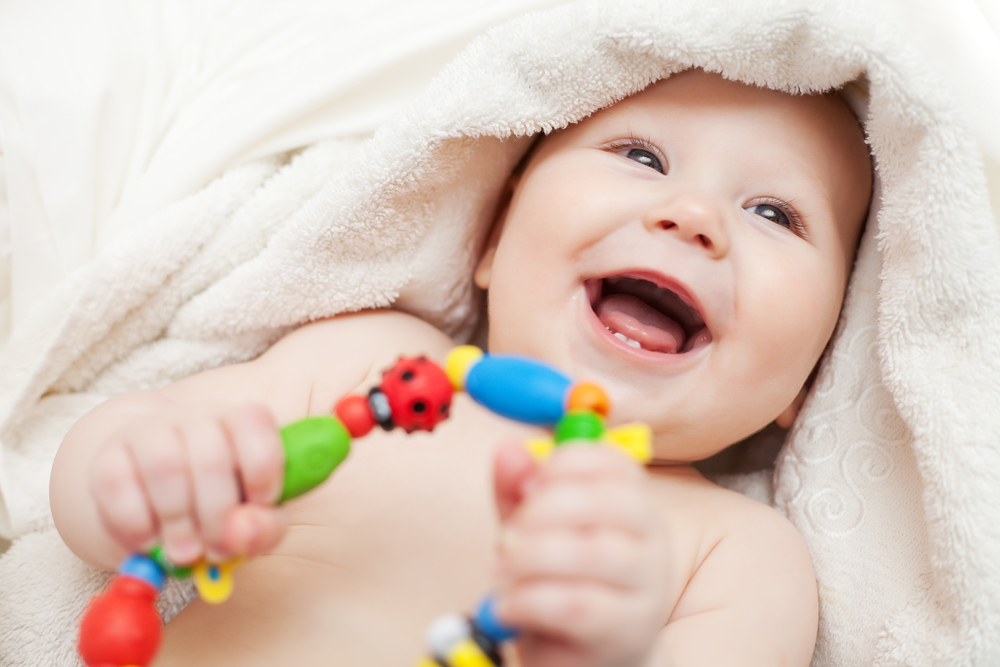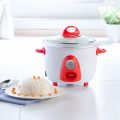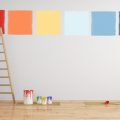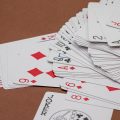From the moment that your baby is born, you’ll be made aware of the importance of motor skills. How many times have you been asked if your baby is already holding their head? Can you remember the last time someone commented upon how strong your child’s arms are? Motor skills are the developmental milestones that help your baby to achieve such feats, as well as grabbing and grasping, sitting and rolling, kicking, reaching, standing, and later walking. Every move that your baby makes will demonstrate their motor skills; even eye rolling, tongue rolling, and speech are controlled by these essential life skills. Put quite simply, fine and gross motor skills are the tools that enable your child to survive, thrive, and navigate the world. Their nurture, therefore, is an integral part of your baby’s development.
Ways to Develop your Baby’s Motor Skills
It’s never too early to begin helping your baby’s motor skills to develop. Indeed, from the moment that your baby is born, you can begin to introduce some of the ideas and concepts that will help your child to fulfill each stage of their development; from stimulating toys and interactive games to getting messy together, helping your baby’s development can be great fun.
Encourage Tummy Time
As soon as your child is born, you should endeavor to lay them on a comfortable mat for tummy and kick time; a simple game of sorts, this action will allow your baby to explore a range of movements, and different parts of their body. Tummy and kick time can strengthen a child’s back, neck, legs, and arm muscles, while encouraging a variety of movements that will later become useful when your baby begins to roll, crawl, sit, and walk. Placed underneath an activity gym, which you can get from companies such as Skip Hop – Treetop Friends Baby Activity Gym, for example – your baby will relish floor play, and learn to focus, grab, and grasp as they kick.
Provide Stimulating Toys
Your baby will naturally gravitate towards interesting shapes and colors as soon as they are able to focus a little more clearly; whether you choose contrasting black and white patterns, or bold primary colors, objects that are easily seen will become instantly attractive to little fingers and hands. As well as placing your child on or near an activity gym, consider the toys that are likely to stimulate their senses, including mirrors, noisy toys such as rattles, or brightly colored soft toys. These kinds of items will encourage engagement and spike curiosity, almost forcing your child to move around and get involved.
Give your Baby a Challenge
If your baby’s way is clear and without obstacles, how are they ever going to learn to overcome challenges? Your baby develops gross and fine motor skills in order to combat problems, such as grasping items that are out of reach, or traveling between two interesting toys. Therefore, it can be a good idea to make playtime something of a trial. Well, you’ve got to encourage your baby to move about if they are to refine those motor skills, after all. Place toys, bulky objects, and soft play blocks in your baby’s way, forcing them to interact with each item in a quest to reach you; such a game is as fun as it is developmentally rewarding.
Sing Simple Songs
While the development of motor skills focuses on grasping, reaching, rolling, and crawling, it also involves the important smaller movements that your baby makes. Pincer grips, eye movements, and even the formation of words with the tongue are all controlled by your baby’s fine motor skills. If you’re to help your child hone those finer movements, it’s a good idea to play games and sing songs that are likely to emphasize the use of those particular body parts. “Patty Cake”, “Wind the Bobbin”, and “Itsy Bitsy Spider” are incredibly expressive songs that will engage your child and ensure that they are using various body parts in a constructive manner; your child won’t even notice that they are learning.
Get Creative
Molding play dough, finger painting, cutting and pasting, coloring in, lacing and threading, and tracing all use your baby’s fine motor skills to create a finished product. What’s more, these crafty kinds of activity are incredibly attractive to a child, encouraging sensory engagement as well as the completion of developmental milestones. An afternoon painting may be the first time that your infant has clutched a brush and made sweeping motions; your first time cutting and pasting may be your baby’s introduction to the pincer grip needed to clutch scissors. Remember, no event, no matter how big or small, is ever wasted at this age.
There are so many creative and fun ways that you can help your baby to develop their motor skills, whether that’s by initiating song and playtime, providing stimulating resources, or simply rolling your baby from front to back. Your child’s fine and gross motor skills will play an enormous role in their life, and so it really is worth exploring as much of the world as you can with your little one now. Besides, think of the fun that you’ll have with one another.
































People reacted to this story.
Show comments Hide commentsThere are so many creative and fun ways that you can help your baby to develop their motor skills https://wayodd.com/how-to-develop-your-babys-motor-skills/